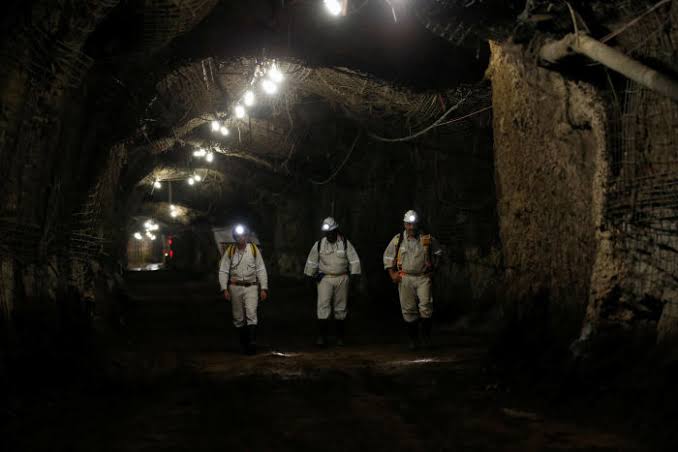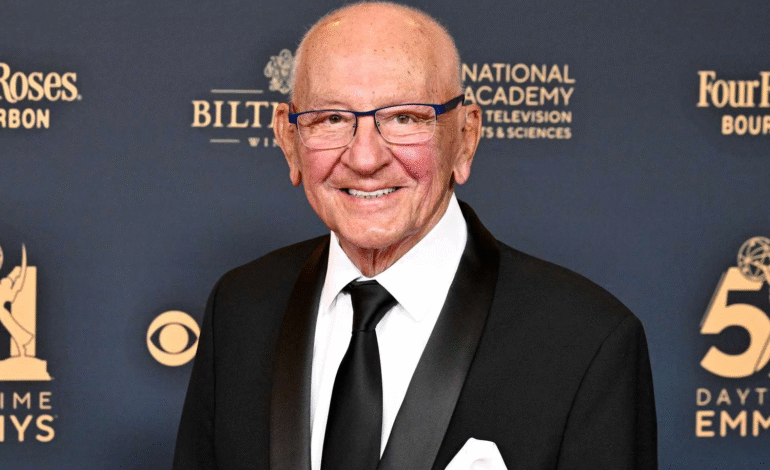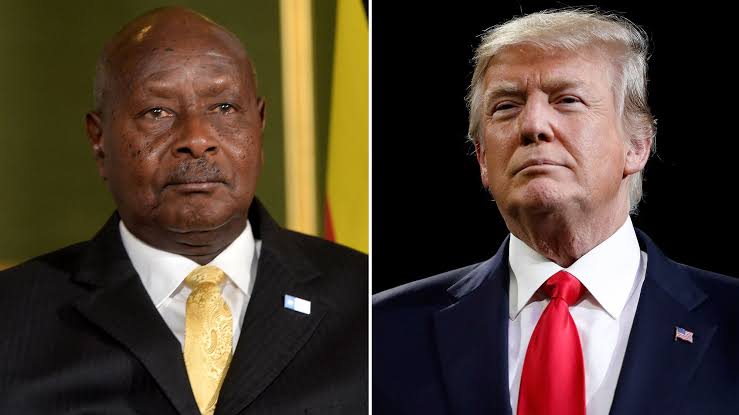
Faith Nyasuguta
Uganda has found itself at the center of an international storm after news emerged that it had reached a temporary agreement with the United States to take in deportees who failed to qualify for asylum in America but are reluctant or unable to return to their home countries.
According to Uganda’s foreign ministry, the country agreed to accept only those without criminal records, excluding unaccompanied minors, and expressed a preference for individuals of African nationality. The arrangement, however, is already shrouded in confusion, as other senior Ugandan officials have quickly denied that any such deal exists.
The supposed agreement, if it holds, makes Uganda the latest in a growing list of countries being drawn into Washington’s increasingly aggressive deportation program. Under president Donald Trump, the U.S. has been pushing a “safe third country” approach, where failed asylum seekers are relocated to nations other than their homelands.
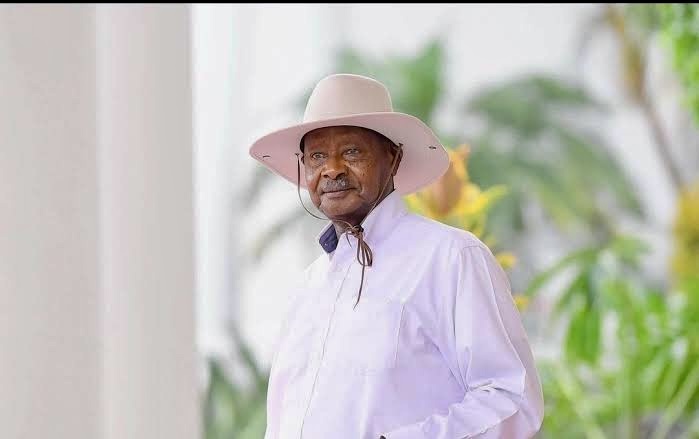
Details about the Uganda plan remain vague, with officials declining to reveal how many deportees the country would take in, what compensation might be involved, or how long the arrangement would last. “The two parties are working out the detailed modalities,” said Bagiire Vincent Waiswa, the permanent secretary at Uganda’s foreign ministry, in what sounded like confirmation of the plan.
But within hours, State Minister for Foreign Affairs Okello Oryem contradicted this position, telling reporters that no such deal existed. He argued Uganda did not have the facilities or infrastructure to host large numbers of deportees from the U.S., insisting that to the best of his knowledge, nothing had been agreed.
This denial followed earlier reports by CBS News, which cited internal U.S. documents suggesting Uganda and Honduras were part of Washington’s deportation arrangements. The conflicting statements have left the true picture unclear: is Uganda quietly negotiating with the U.S., or is it simply being drawn into political gamesmanship?
The timing of the revelation comes against the backdrop of several controversial deportation cases. In July, five migrants from Vietnam, Jamaica, Laos, Yemen, and Cuba, who Washington claimed had been convicted of serious crimes, were flown to Eswatini and placed in a high-security prison. That move sparked legal challenges from local human rights groups.
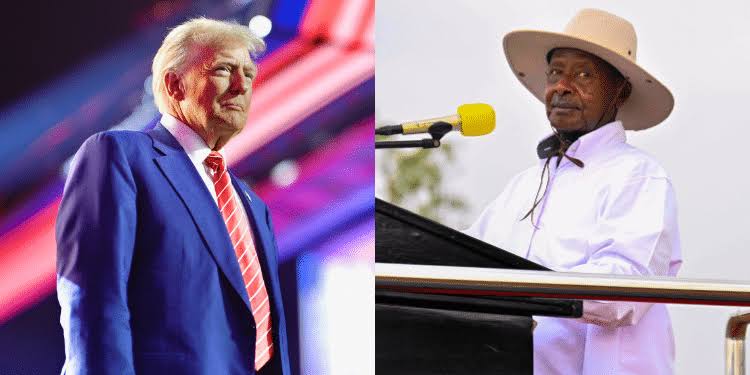
In the same month, eight men deported from the U.S. were sent to South Sudan via Djibouti, where they were reportedly held in a shipping container. Meanwhile, more than 250 Venezuelans were repatriated after being detained in a notorious El Salvador prison, raising global outrage over due process violations. Against this backdrop, Uganda’s reported involvement highlights the controversial nature of America’s outsourcing of deportations.
Uganda is no stranger to hosting migrants. The country is already home to nearly two million refugees, mainly from the Democratic Republic of Congo, South Sudan, Ethiopia, and Eritrea. International agencies often praise its relatively open-door asylum policy, which allows refugees to access land and employment. Between 2015 and 2018, Uganda also received around 1,700 Sudanese and Eritrean asylum seekers deported from Israel. Yet critics argue that Uganda’s record on protecting politically vulnerable exiles is weak.
“God forbid that among the people being brought to Uganda there is a Kenyan dissident,” warned Godwin Toko, deputy executive director of Agora, a Ugandan think tank. “Uganda will have no problem whatsoever handing that dissident over to the Kenyan government the next day.” His remarks underline deep concerns about how politically sensitive deportees might be treated.
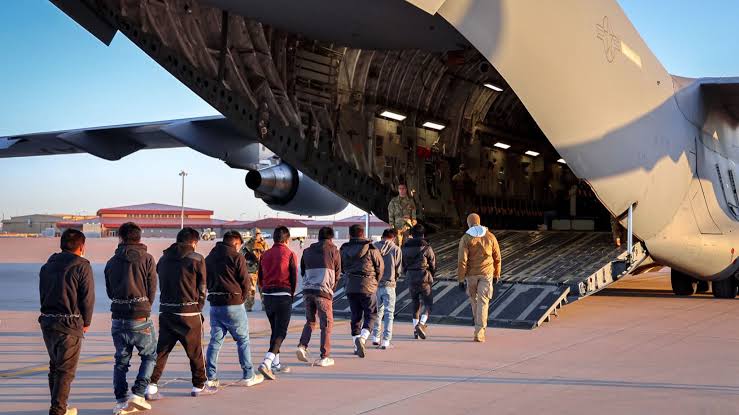
Observers say Uganda, led by President Yoweri Museveni for nearly four decades, may see such deals as a way to curry favor with Washington. Museveni’s government, often criticized for jailing opponents and restricting freedoms, could use cooperation with the U.S. to bolster its international standing, even while domestic infrastructure remains ill-prepared. “Uganda doesn’t have the cards economically or militarily,” Toko explained. “But it can play the good boy for the U.S., and this is one way the government gains leverage.”
As of now, Uganda’s position remains ambiguous. One arm of government confirms talks, while another denies them outright. Whether this deal materializes, collapses, or simply drags on in ambiguity, it highlights how Uganda is being pulled into the geopolitics of global migration at a time when deportation policies are becoming harsher and more controversial.
RELATED:






